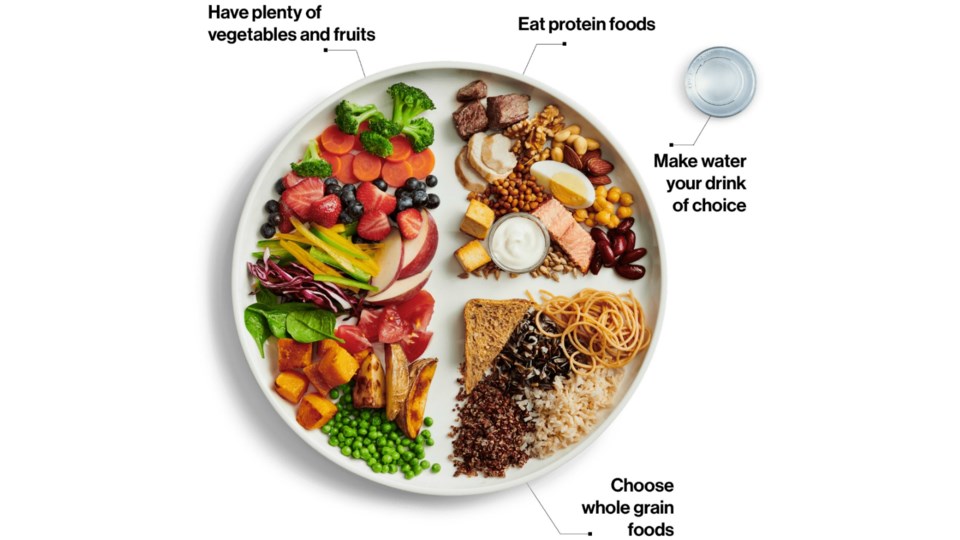Health Canada is trying to do its part to curb obesity and other food-related maladies in our country by taking a strong position in the revised Canada Food Guide, released earlier this year.
That’s commendable. We have some big health problems here, caused by overeating, poor food choices and a lack of exercise.
But when the food guide specifically called out Canadian beef and dairy, urging consumers to consider alternatives, it cast a pall on much of the food chain. Singling out and intrinsically shaming two stellar and vital parts of Canada’s agri-food sector -- at a very high level -- was wrong.
The food guide overlooked these sectors’ health attributes. It offered no perspective on the intake of their products. And that’s a shame. Sure, try alternative proteins. But throwing beef and dairy under the bus is unnecessary to make the point.
Unfortunately, the food guide takes the same broad-brush approach to food marketing.
On the food guide website, Health Canada describes food marketing as “advertising that promotes the sale of certain food or food products. Many foods and drinks that are marketed can contribute too much sodium, sugars or saturated fat to our eating patterns.”
It’s particularly concerned about advertising aimed at kids. “Teach those who may be more vulnerable to food marketing, like young children and teens, about marketing techniques,” it says.
Indeed. Let’s have informed consumers at all ages, and help them understand when they are being duped.
But let’s not assume everyone marketing food is unscrupulous.
In fact, food marketing to modern consumers goes well beyond advertising. Marketing can take the form of knowledge mobilization, thought leadership and information sharing. The best marketing is evidence based and contains a value proposition for consumers. It can actually be a valuable tool for helping people make smart choices for themselves.
I know that ultimately, marketing will make a product, a service or a company look good. But modern consumers first want marketers to show the seller has ethics, cares about them and will genuinely make life better, even in a small way. Then maybe they’ll buy their products.
The American Marketing Association stands behind this approach. It says marketing efforts need to show value for customers, clients, partners and society at large.
Marketing is also an academic field. At the University of Guelph, the Department of Marketing and Consumer Studies educates students to be what it calls “active and engaged citizens,” achieved from a balanced curriculum that provides them with an understanding of the world they will work and live in.
Students, it says, gain knowledge in “creating, communicating, and delivering product offerings to create value to stakeholders in a global and connected economy.” They also work with faculty members, exploring the likes of consumer protection and the relationship between marketing and regulation and government policy.
It’s an important, meaningful time to be a marketer in the agri-food sector. People are craving answers about where their food comes from and how it was produced. If they have a negative opinion about it, they likely won’t buy it. The sector needs marketers who think like consumers and can address those questions before they even get asked, or before self-interest groups mangle the truth.
So, by all means, let’s be aware of marketing that leads to poor health. But let’s also be open to ethical marketing that helps us sort out the good from the bad – and not assume that everything is bad.
Most of all, let’s put some joy back into our diets. Let’s stop accusing good food of being bad food. If we’re going to reduce something, let’s reduce excess and food waste, with evidence-based solutions.